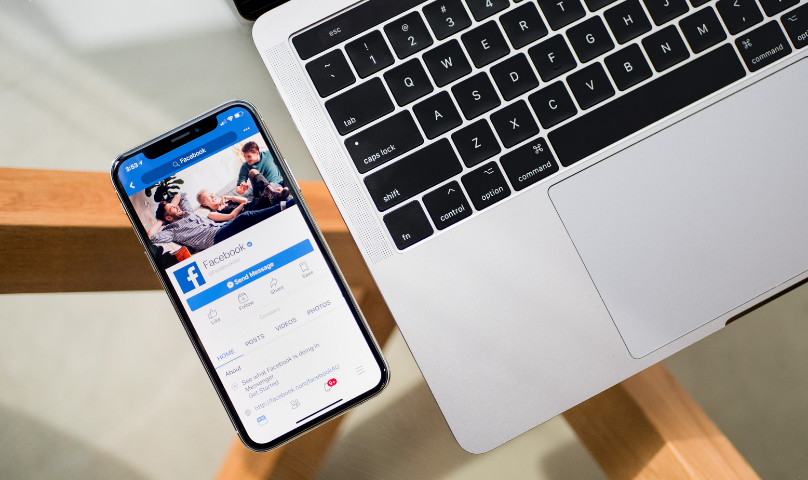Friends on Facebook – can it be cheating?
Published in Uncategorised by Dr Andreas Vossler of The Open University on October 14th 2021

Whether Facebook friends are perceived as a threat to the relationship or not very much depends on the context and nature of these contacts.
Facebook is a vital part of daily life – offering opportunities and risks
For many of us, Facebook and other social networking sites are a vital part of our life. Being on Facebook allows us to stay in touch with our friends, family and colleagues, share how we feel and what we think, post photos, connect with new people or simply read the news see what others have posted.
However, there is some evidence that Facebook also facilitates activities and behaviours that can be damaging for relationships (e.g. flirting, sharing intimate details, establishing emotional intimacy, engaging in sexual affairs). Research shows that excessive Facebook use is linked to marital problems, and there is a rise in the number of official divorce documents listing Facebook as a factor in the divorce.
Research shows that excessive Facebook use is linked to marital problems
How can chatting with friends on Facebook be cheating?
Chatting and staying in touch with friends on Facebook might seem harmless and innocent, so how might this be seen as cheating by a partner? Whether Facebook friends are perceived as a threat to the relationship or not very much depends on the context and nature of these contacts.
For example, partners might be worried if:
- their partner’s Facebook friend(s) are previous romantic or sexual partners: research shows that - for some people - messaging or ‘friending’ an ex-partner on Facebook is seen as cheating. See ‘messaging my ex – can it be cheating’ for more information.
- their partner’s contact with Facebook friends includes talking about important emotional topics, perhaps even intimate details and experiences about the relationship. Research has shown that this can be experienced as ‘crossing the line’ and emotional cheating.
- their partner spends a lot of time on Facebook (or other social media) posting and chatting to friends. Research has shown that any excessive activity or hobby that significantly impairs the time or quality of a romantic relationship might be perceived as a form of infidelity.
- their partner links up with random strangers on Facebook and engages in intimate chats with them.
Partners might also become suspicious if they discover that their partner has kept their relationship status ‘single’ on Facebook whilst being in the relationship with them. They may also feel uncomfortable about any photos of ex-partners/lovers on their partner’s Facebook profile.
Partners might also become suspicious if they discover that their partner has kept their relationship status ‘single’ on Facebook whilst being in the relationship with them
When Facebook becomes a problem in a relationship
If you feel that there are growing tensions in your relationship around the way you use Facebook (or other social media) it’s a good idea to start a conversation with your partner about this. This can help to negotiate what is acceptable behaviour on Facebook and other social media platforms for both of you. For advice on how to do this, see our ‘how can we talk about what is OK online?’ page.
Facebook may also be used by one, both or all partners as an escape route from relationship tensions that already exist. When addressing the Facebook related problems in therapy, it’s important to explore underlying relationship issues that might be behind the difficulties. See our ‘counselling for online cheating’ page for more information.
To see the full list of research references which have informed the content on this page, please see our research references section.
Lorem ipsum dolor sit amet, consectetur adipisicing elit, sed do eiusmod tempor incididunt ut labore et dolore magna aliqua. Ut enim ad minim veniam, quis nostrud exercitation ullamco laboris nisi ut aliquip ex ea commodo consequat. Duis aute irure dolor in reprehenderit in voluptate velit esse cillum dolore eu fugiat nulla pariatur. Excepteur sint occaecat cupidatat non proident, sunt in culpa qui officia deserunt mollit anim id est laborum.